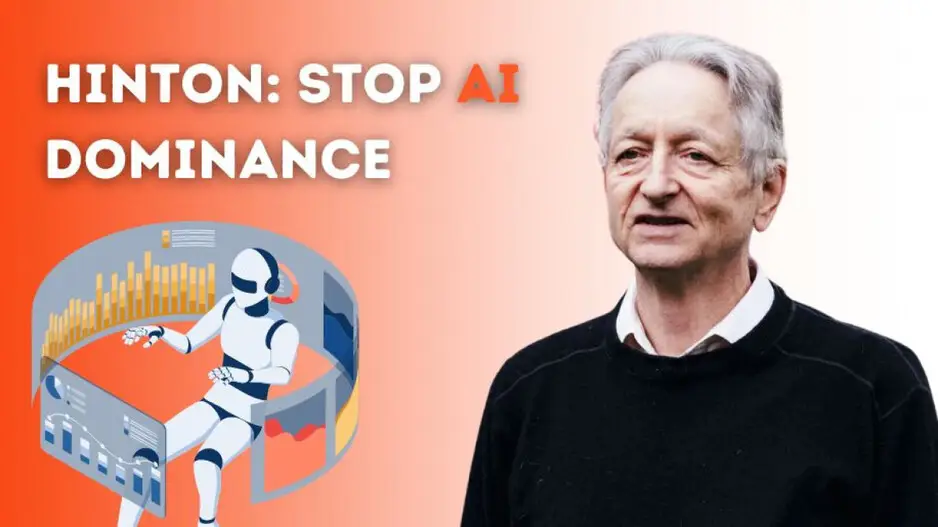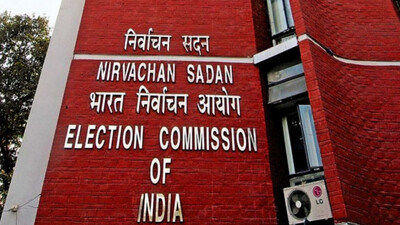Recommended Stories
Artificial intelligence (AI) has made remarkable progress in recent years, attracting the interest of both enthusiasts and skeptics.
Geoffrey Hinton, also known as the godfather of AI and a respected AI scientist, is recognised as one of the pioneers in the field.
He has expressed concerns about the potential hazards of AI and its societal implications.
According to a report by The Hindu, Hinton emphasised the importance of government intervention to prevent machines from gaining excessive control during his speech at the Collision tech conference at the University of Toronto.
The conference united over 30,000 start-up founders, investors, and tech workers, primarily seeking to harness the potential of AI rather than dwell on its risks, as per the report.
The Real Risks of AI
Geoffrey Hinton's departure from Google and his advocacy for caution in the field of AI are driven by his belief that AI development should go hand in hand with a thorough comprehension of its capacity for assuming control.
"Prior to artificial intelligence surpassing human intelligence, it is crucial for developers to dedicate substantial efforts towards comprehending its potential endeavors to seize control," said Hinton.
"Currently, there are 99 individuals of great intelligence striving to enhance AI, while only one individual of equal brilliance is attempting to devise measures to prevent its overpowering influence. It might be sensible to seek a more balanced approach," he added.
He warned that rather than allowing AI to surpass human intelligence, the emphasis should be on preventing any potential takeover.
Hinton pointed out the discrepancy in priorities, with a large number of people dedicated to advancing AI capabilities while only a few focus on addressing its risks.
Apart from the risks of AI domination, Geoffrey Hinton also voiced concerns about the potential widening of inequality.
Geoffrey Hinton also drew the attention to the problem of fake news facilitated by AI-powered systems like ChatGPT.
He suggested the implementation of a mechanism to label AI-generated content as artificial or fake, similar to the way central banks watermark physical currency.
Geoffrey Hinton's concerns about the risks of AI received a positive response from attendees at the Collision tech conference, although opinions differed regarding the future of AI.
Despite these differing views, there was a consensus that caution, regulation, and a focus on long-term societal implications should accompany AI advancements.













